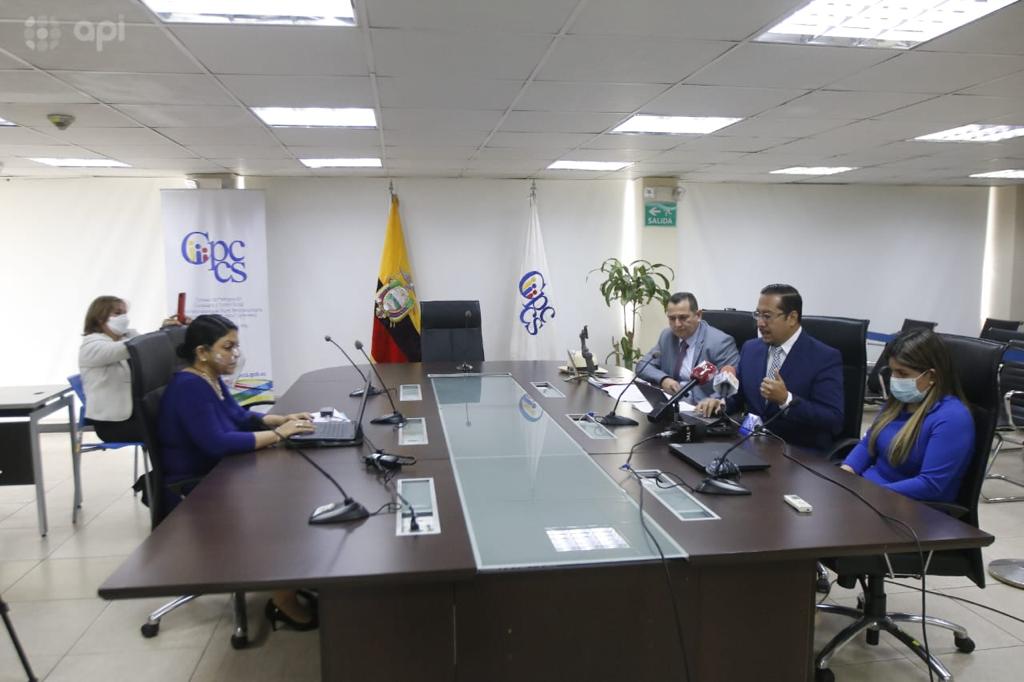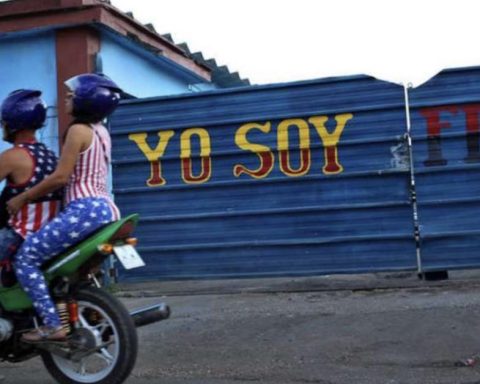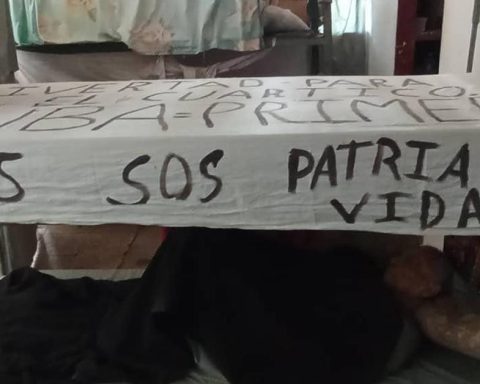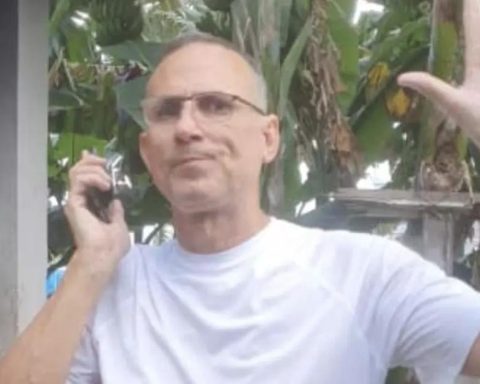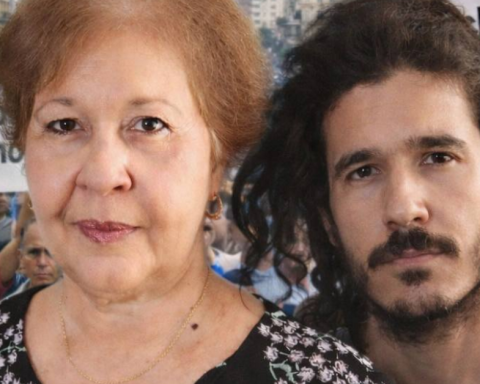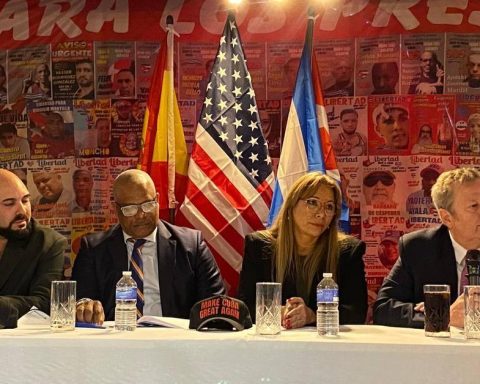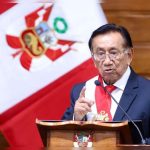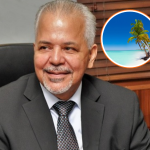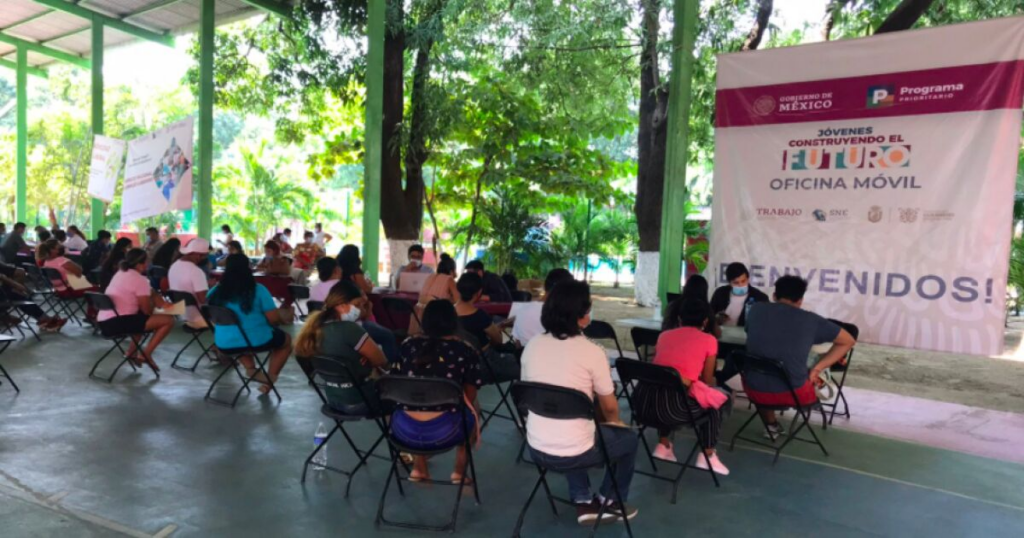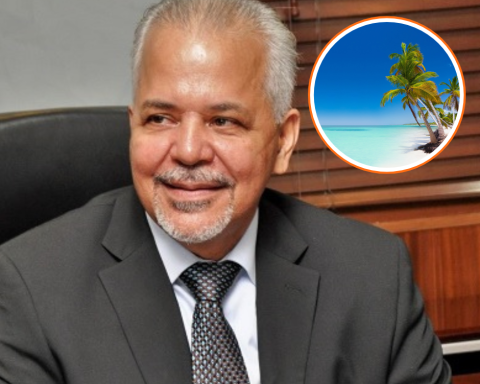Every week, Ecuador experiences a political scandal, especially related to the designation of control authorities. These problems, the citizen usually sees them far from their reality, but how much does it affect us?
Since February 9, 2022, Ecuador has two presidents of the Council for Citizen Participation and Social Control (Cpccs). On the one hand, Hernán Ulloa, and on the other Sofía Almeida.
This organism is in charge of choosing the dignities responsible for other institutions of importance, such as the Comptroller General of the State, the Ombudsman’s Office, the Judiciary Council, the Superintendence of Companies, the Prosecutor’s Office, the Public Defender, and the Attorney General.
There is also a struggle between two members of the Judicial Council for the presidency, after María del Carmen Maldonado resigned.
How does this affect citizens?
For the constitutional lawyer Ismael Quintana, although these conflicts seem distant for the citizen distant from politics, they do affect society in general.
“Who has not had in his life, some mess of a judicial nature, if it was an issue that had to be resolved in the judicial function, before a judge?”, he asks.
In these cases -explains Quintana- we turn to institutions in which, if there is no clear leadership, the problem translates into judicial servants who do not know which direction to take.
He believes that they are officials who are not going to be focused on their work, but are aware of who is going to lead and what guidelines they are going to take.
The February 2 resigned the president of the Council of the Judiciary. Today there are two vowels who dispute the replacement.
Another case
The Comptroller is the body that regulates the management of the State’s public coffers.
For Quintana, this is an institution of vital importance because it controls how and what officials do with our tax money. “So, I think someone should be crazy, not to be interested in the authorities that use our money.”
In Ecuador, the last officially appointed comptroller was Carlos Polit, who after 10 years in office, unexpectedly resigned in 2017.
Replaced it, like surrogatePablo Celi, who was censored in a political trial and is being investigated for corruption cases. This is how Carlos Riofrio arrived temporarily.
“In Ecuador we are getting used to managing institutions with the surrogate for the surrogate. And this just shows that Politicians manage us like haciendaQuintana says.
Institutions in acephaly
The processes for appointing authorities are stalled by conflicts such as those of the Cpccs.
This, for the lawyer Mauricio Alarcón, is making Ecuador’s institutions more fragile, with delays in public tenders.
In this way, headless organizations, without official representatives, without clear guidelines, accumulate processes and stop working efficiently which reduces the quality of public services.
The problem, highlights Quintana, is that we are getting used to public institutions being managed by responsible officials, which should be the exception and not the rule.
“This causes fragile organisms to become political loot and prey for distribution,” Quintana concludes.
Election of the last official authority
Comptroller: 2017
Ombudsman: 2020
Public Defender: 2019
Council for Citizen Participation and Social Control: February 2022 (with current struggles for the presidency)
Council of the Judiciary: February 2022 (with current struggles for the presidency)
National Electoral Council: 2018 (had to be updated in November 2021
Chronology
Institutional ‘scandals’ of February 2022
February 2: María del Carmen Maldonado resigns from the Presidency of the Judicial Council (CJ).
February 3: Until noon the president was Álvaro Román.
February 3: In the afternoon Fausto Murillo is sworn in as president of the CJ.
February 11: Álvaro Román requests a protection action.
February 18: Roman protection action denied.
- Council for Citizen Participation and Social Control
February 9: In the morning, four councilors dismiss Sofía Almeida as president and Hernán Ulloa is sworn in.
February 9: Sofía Almeida arrives in the afternoon and settle in the Cpccs building for 7 days.
February 16: Sofía Almeida leaves the Cpccs building, but does not agree to leave office.
February 17: In the Assembly, the political trial of the seven councilors of the Cpccs is given.
February 17: The new majority of the Cpccs changes the regulations for the election of the Comptroller General of the State.
February 18: At a press conference, Sofía Almeida rejects the modifications to the Comptroller’s regulations and assures that she continues to be the president of the CPCCs.
Clic aquí para leer las 10 claves que preparó LA HORA para entender lo que pasa con el Consejo de Participación Ciudadana.
